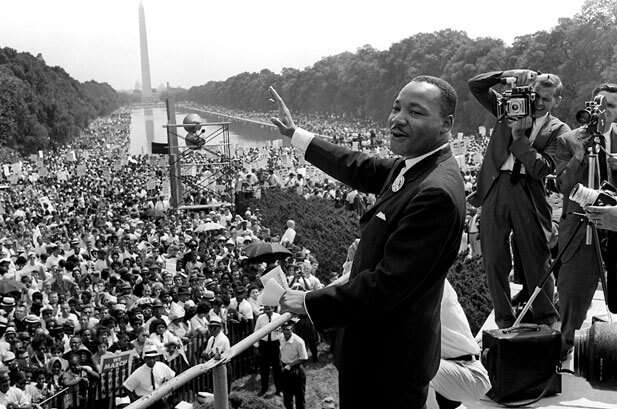 While failing a basic hearing test will cause you to get ejected from the New York City Police Department’s (NYPD) job application process, as of recently, if you are an existing officer with a hearing problem it could now cost you your job. Established in late 2009, the NYPD began forcing retirement on older police officers with hearing aids and compelling younger officers to avoid wearing them while on duty, according to the New York Times. Wearing a hearing aid would come with a disability discharge, since, according to the NYPD’s spokesperson, hearing aids are “vulnerable to mechanical failure, earwax buildup or any number of things, and could not completely compensate for hearing deficiencies that might render an officer unable to hear a command properly".
This is creating a “Don’t Ask/Don’t Tell” situation that causes active officers that are hiding their hearing loss (and hearing aids) to become less effective at their job… and ultimately endangers lives and stigmatizes people.
While failing a basic hearing test will cause you to get ejected from the New York City Police Department’s (NYPD) job application process, as of recently, if you are an existing officer with a hearing problem it could now cost you your job. Established in late 2009, the NYPD began forcing retirement on older police officers with hearing aids and compelling younger officers to avoid wearing them while on duty, according to the New York Times. Wearing a hearing aid would come with a disability discharge, since, according to the NYPD’s spokesperson, hearing aids are “vulnerable to mechanical failure, earwax buildup or any number of things, and could not completely compensate for hearing deficiencies that might render an officer unable to hear a command properly".
This is creating a “Don’t Ask/Don’t Tell” situation that causes active officers that are hiding their hearing loss (and hearing aids) to become less effective at their job… and ultimately endangers lives and stigmatizes people.
Get $200 off a pair of Omni 2 hearing aids with code EARTHDAY200
 While failing a basic hearing test will cause you to get ejected from the New York City Police Department’s (NYPD) job application process, as of recently, if you are an existing officer with a hearing problem it could now cost you your job. Established in late 2009, the NYPD began forcing retirement on older police officers with hearing aids and compelling younger officers to avoid wearing them while on duty, according to the New York Times. Wearing a hearing aid would come with a disability discharge, since, according to the NYPD’s spokesperson, hearing aids are “vulnerable to mechanical failure, earwax buildup or any number of things, and could not completely compensate for hearing deficiencies that might render an officer unable to hear a command properly".
This is creating a “Don’t Ask/Don’t Tell” situation that causes active officers that are hiding their hearing loss (and hearing aids) to become less effective at their job… and ultimately endangers lives and stigmatizes people.
While failing a basic hearing test will cause you to get ejected from the New York City Police Department’s (NYPD) job application process, as of recently, if you are an existing officer with a hearing problem it could now cost you your job. Established in late 2009, the NYPD began forcing retirement on older police officers with hearing aids and compelling younger officers to avoid wearing them while on duty, according to the New York Times. Wearing a hearing aid would come with a disability discharge, since, according to the NYPD’s spokesperson, hearing aids are “vulnerable to mechanical failure, earwax buildup or any number of things, and could not completely compensate for hearing deficiencies that might render an officer unable to hear a command properly".
This is creating a “Don’t Ask/Don’t Tell” situation that causes active officers that are hiding their hearing loss (and hearing aids) to become less effective at their job… and ultimately endangers lives and stigmatizes people.




